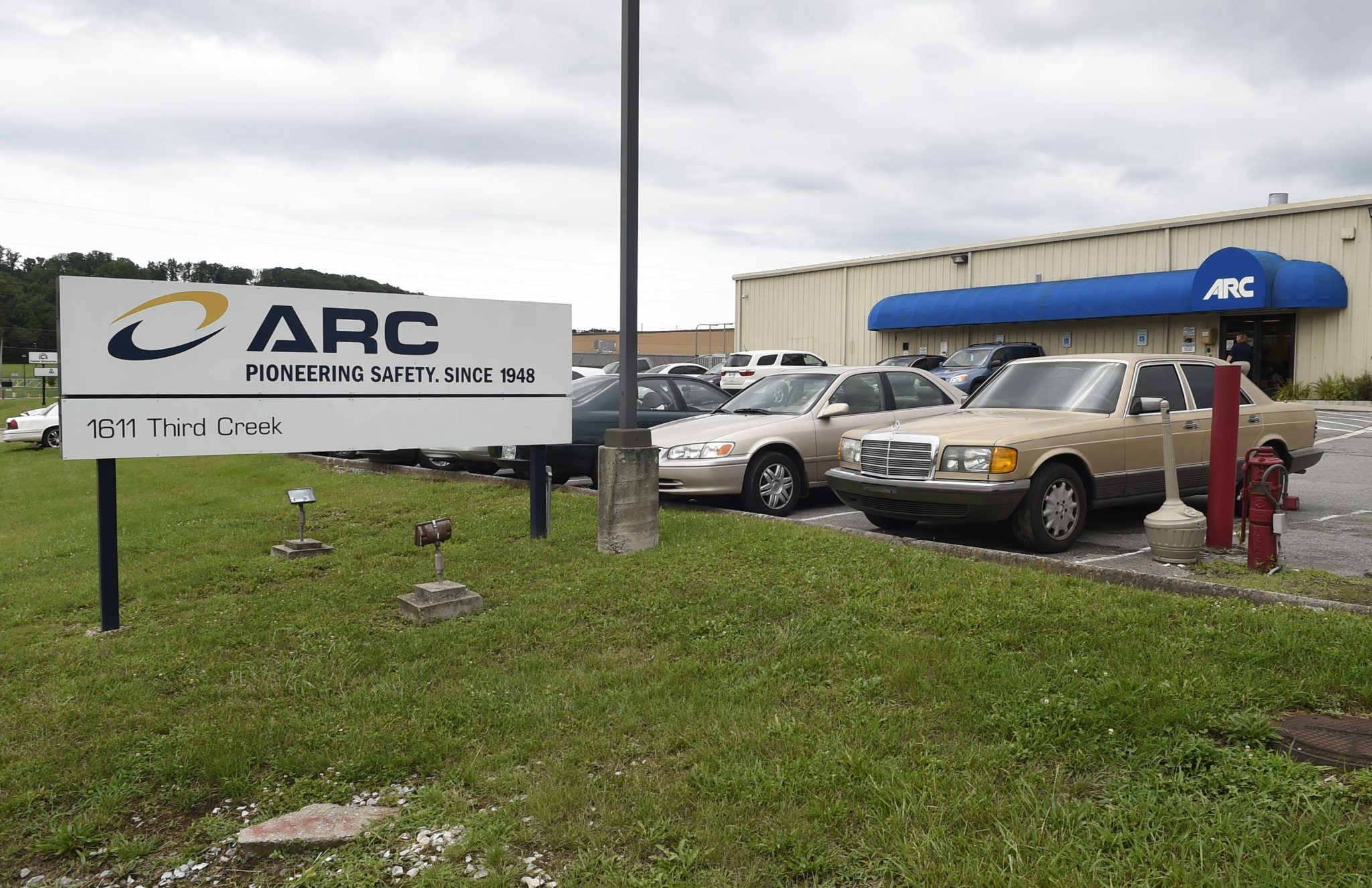
DETROIT — Auto safety regulators in two countries are investigating another deadly air bag problem that could affect up to 8 million vehicles.
Investigators in the U.S. and Canada are looking into a crash in the Canadian province of Newfoundland in which a woman was killed by an exploding air bag inflator made by ARC Automotive Inc. of Knoxville, Tennessee.
As many as 8 million ARC inflators are under scrutiny in the U.S., mainly in older cars, although it hasn’t been determined how many of those are defective. Although the results are similar, the ARC problem is different from one that resulted in the recall of 69 million inflators in the U.S. made by Takata Corp.
Authorities say the Canadian woman was killed July 8 when the ARC inflator ruptured and sent metal shrapnel into the passenger compartment of 2009 Hyundai Elantra she was driving.
Without the shrapnel injuries, the driver likely would have survived the low-speed crash, Canadian officials said. Now, investigators from both countries are trying to figure out what caused the inflator to blow apart.
The death raises more questions about the safety of air bags, which rely on explosions to fill bags that protect people in crashes. It also brought new urgency to a probe opened last year by the U.S. National Highway Traffic Safety Administration after an Ohio woman was injured by an ARC inflator. The U.S. safety agency on Thursday upgraded its investigation to an engineering analysis, a step closer to a recall.
Messages were left seeking comment from ARC. NHTSA’s Canadian counterpart, Transport Canada, said ARC is cooperating.
NHTSA said it is focusing on determining the entire population of ARC inflators in the U.S., which it estimates at 8 million mainly in older vehicles made by General Motors, Fiat Chrysler, Hyundai and Kia.
“Should a safety defect be found, owners will be notified,” Transport Canada said in a statement.



